Knowledge center
Blog Home
Equilar Blog
An Important Factor to Keep in Mind for IPOs – Stock Structure

January 21, 2015
The Stock Structure Debate
A recent
article by Equilar highlighted some of the key executive compensation and governance considerations for companies
undergoing initial public offerings (IPOs).
The past two years have produced a large number of U.S. companies that have undergone IPOs and the market appears poised
for more during the first quarter of 2015. Companies deciding to go public receive numerous benefits in bringing their
enterprises to market, but also face certain challenges that correspond to becoming a publicly traded company.
At the outset, companies are required to start filing regulatory documents with the Securities and Exchange Commission.
Along with these new disclosure requirements, there are various compensation and governance decisions that companies must
make in conjunction with their public offerings. One of the more scrutinized decisions, concerns the structure of common
stock.
Single Class Stock Structure Versus Multiple Class
The choice between a single class stock structure and a multiple class stock structure has become a hotly
contested issue in corporate governance. While institutional investors have opposed multiple class stock structure
implementations behind a “one-share, one-vote” belief, several influential technology companies including Google, Facebook,
LinkedIn and Zynga have adopted them in recent years in order to allow control to remain with a concentrated set of
shareholders.
Tableau Software is an example of a technology company that went
public in 2013 and also adopted a multiple class stock structure. Although technology companies often receive the most
attention for these decisions, they are not the only industry establishing multiple classes of stock.
Companies within the real estate sector (Re-Max Holdings) as well
as the utilities sector (NRG Yield)
have also chosen to create multiple class stock structures as they became publicly traded in 2013.
 Solutions
Solutions







